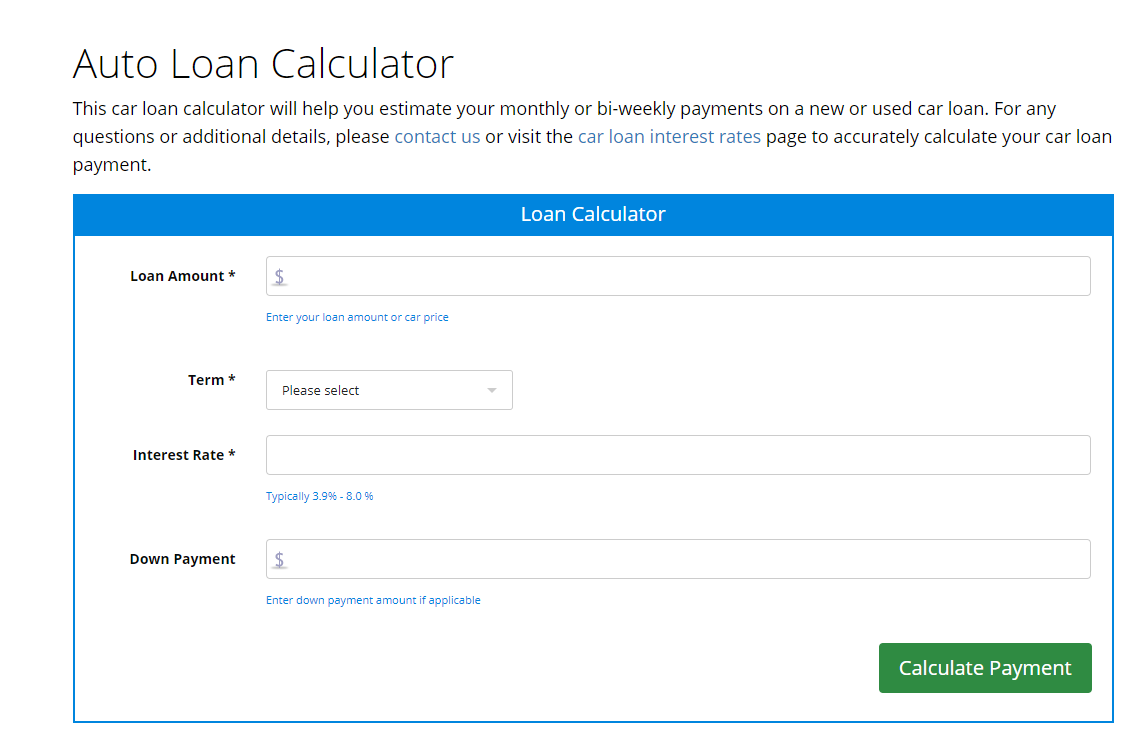How to Deal With Financial Problems When They Come Out of Nowhere
 You’ve spent 20, 30, maybe even 40 years to get to a place of comfort in your life. After years of hard work, you established yourself in a lucrative career, raised a happy family, and perhaps even live in the home of your dreams. And then it all comes tumbling down.
You’ve spent 20, 30, maybe even 40 years to get to a place of comfort in your life. After years of hard work, you established yourself in a lucrative career, raised a happy family, and perhaps even live in the home of your dreams. And then it all comes tumbling down.
Perhaps you lost your job, or the economy tanks, or maybe a disaster or disease strikes your family, throwing you into the pit of debt. As a result, your credit profile takes a hit and continues to do so despite your efforts to restore your finances. Additionally, you may find it difficult to get approved for a loan whether it’s for a personal need such as a car or a business. But even if you deal with such financial problems, there is a way out.
Don’t Blame Yourself
As a child, you most likely learned that it’s okay to make mistakes. However, as you grew older, from a teen to a young adult, older folks would probably drill the importance of taking responsibility for what happens to you in life. It’s good advice, but it often leads us into growing up with an unrealistic mindset – that we’re responsible for every mishap that takes place in our lives.
But life has a way of throwing obstacles in our faces. In many cases, these events put pressure on us financially, which of course spills over into our day-to-day lives and emotional state of being. You might feel this way if you’re dealing with a tough situation. But it’s important to keep in mind that life isn’t always in the realm of your control. It’s possible to steer things back into the right direction by means of how you react.
Keep your bank in the loop
One of the first things you should do if hard circumstances affect you financially, is to let the institutions you deal with know about your issues. That includes your bank, along with other creditors and lenders you may work with on the side. Don’t feel intimidated to tell them about your situation, but it’s better to give them a heads up that you have difficulty making payments. They’ll at least be more willing to work with you, and make some sort of arrangement so that you have an easier time handling your payments. Failing to address your problems with these institutions is never a good idea. If you can’t pay your bills or debts and the bank isn’t aware of your challenges, they might just assume you’re being negligent. It goes without saying what can happen to your credit score.
Seek outside help
Another mentality that we develop with age, is the idea that no one can help ourselves but ourselves. In other words, if you’re facing a financial problem, you are the one who has to get out of it. It’s true that you have to help yourself, but there’s nothing wrong with seeking help when things get overwhelming.
A good place to start is by visiting your financial advisor. The main benefit of working with them is that they know you personally, and will show you more empathy. With that said, they’ll offer you more insight on how to make ends meet despite the monetary problems you face.
If debt and credit become an issue, consider working with a credit counsellor. Their purpose is to help you learn more about credit/debt, and how you can manage them for the better, whether you’re doing well financially or not.
Make adjustments
Now with all that’s been said above, there are definitely some things you can do for yourself. The majority of what you can do revolves around your budget and lifestyle choices. It’s not easy if you’re accustomed to a certain way of living, but it may be necessary for the time being.
Reduce
 If you’re used to travelling, eating at fancy restaurants or buying certain fashion brands, suddenly having to spend less on these things might be a challenge. But it will go a long way. Cutting back on certain expenses can open you up to a larger pool of money, which can go towards taking care of bills and debts that you’d otherwise have trouble paying for.
If you’re used to travelling, eating at fancy restaurants or buying certain fashion brands, suddenly having to spend less on these things might be a challenge. But it will go a long way. Cutting back on certain expenses can open you up to a larger pool of money, which can go towards taking care of bills and debts that you’d otherwise have trouble paying for.
Reprioritize
Depending on your situation, your cash flow could still be decent, but just enough to barely get by. That would mean having to tweak your budget. The money you put into one account will have to be reduced, so that you can pay for something else. Or the investment you plan to make into one kind of fund would have to go into an area that’s considered a liability.
Avoid
The most difficult change for some people, is to completely avoid a certain activity or product that they’re used to having. It’s could turn into a reality for you as well. In other words, instead of just cutting back on something, you would have to cut it out completely. Again, it’s not an easy thing to do, but doing so can help you focus on what’s more urgent at the moment.
Postpone
 Were you planning to make some big purchase or investment this year? If you’ve stumbled on hard times, don’t go on thinking that you have to fulfill your goal. Don’t feel ashamed just because it has to take a backseat temporarily – it’s for your own financial well-being.
Were you planning to make some big purchase or investment this year? If you’ve stumbled on hard times, don’t go on thinking that you have to fulfill your goal. Don’t feel ashamed just because it has to take a backseat temporarily – it’s for your own financial well-being.
Don’t wait
This might seem contrary to the point listed above, but it could be a good idea to pay off certain debts immediately if possible. If you foresee some tough times ahead, it only makes sense to prepare yourself and reduce some of the stress. That’s why it doesn’t hurt to get some outstanding debts and expenses out of the way if doing so will help.
Light at the End of the Tunnel
It’s understandable to feel defeated when financial problems strike you. It’s frustrating to know that everything you’ve built over the years or decades can fall apart in a matter of months or weeks. But it’s essential for you to keep in mind that life is unpredictable, and even the most financially savvy people can fall upon hard times. The most important thing you can worry about in such moments is not just your credit score, but rather, how quickly and willing you are to bounce back from these difficulties. By creating a plan and working with the right people, you can overcome the setbacks of sudden financial hardships. In time, you might even find yourself back into the life you worked so hard to build.






